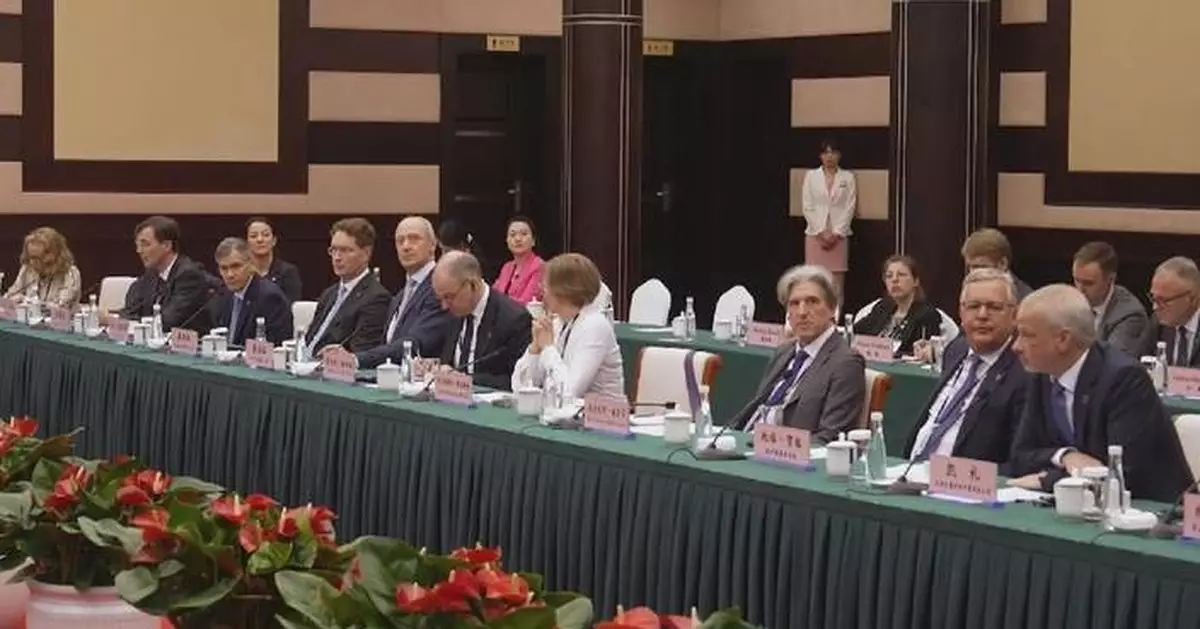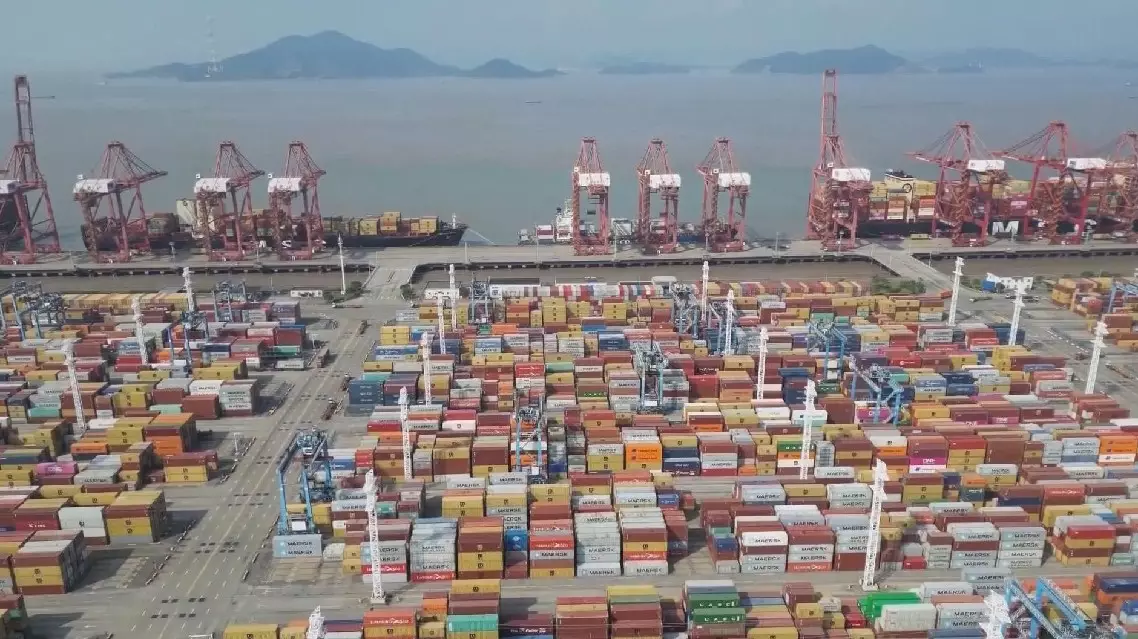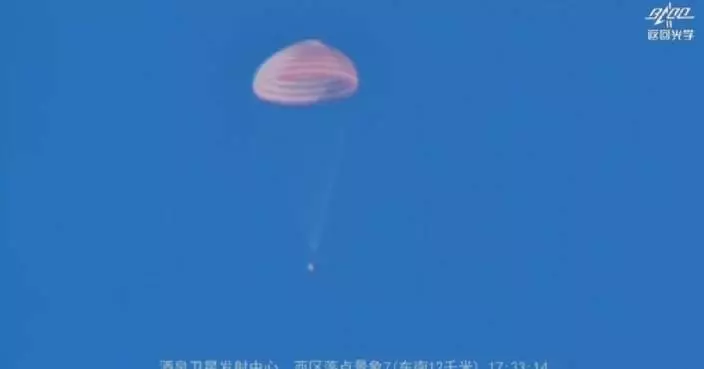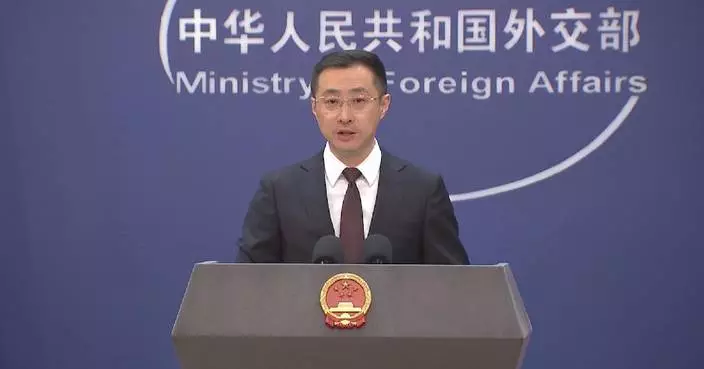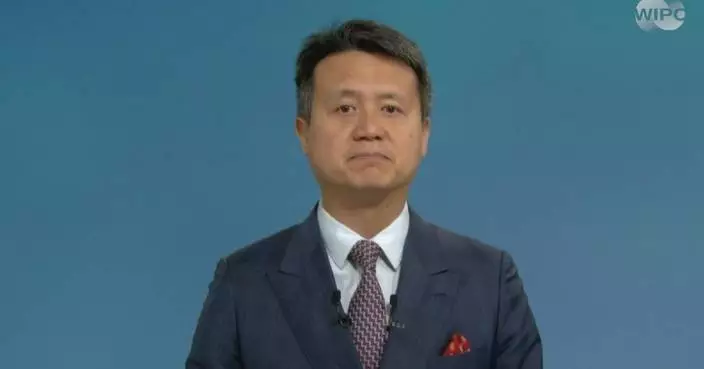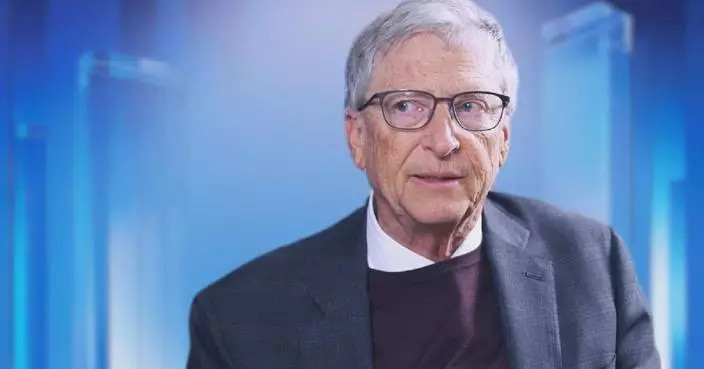German entrepreneurs accompanying Federal Chancellor Olaf Scholz on a visit to China say they are expecting more opportunities to expand business development in China, eyeing more cooperation for sustainable development and integration of scientific and technological innovation.
Scholz is visiting China from Sunday to Tuesday at the invitation of Chinese Premier Li Qiang. He is being accompanied by senior representatives of a number of renowned German companies, including Siemens, Bayer, Mercedes-Benz, BMW, and Zeiss.
In southwest China's Chongqing Municipality, the first stop of Scholz's current China visit, the business executives talked about their expectations from the visit in an interview with China Central Television (CCTV).
"It's a lot of conversations about just different opportunities we have to expand both our development, product development and manufacturing and sales," said Bill Anderson, CEO of Bayer, a German pharmaceutical and agribusiness giant.
"We have been very focused on analyzing the situation of the environment, how can we collaborate in order to be able to get some…, how can we bring together common priorities like sustainability, digitalization, integration of new technologies like artificial intelligence," said Belen Garijo Lopez, chairwoman of the Executive Board and CEO of Germany's leading science and technology group Merck.
Markus Kamieth, chairman of the Board of Executive Directors of German chemical giant BASF SE shared the three topics that he expects to talk about with Chinese entrepreneurs and government officials: growth, green development and innovation.
Some German entrepreneurs see China's market as a "gym" where multinational companies can experience rapid growth through both competition and cooperation. They expressed the belief that foreign-invested companies can expedite their transformation and upgrading while achieving localized development.
The business delegation toured a Chongqing-based hydrogen power system plant of Germany's leading technology and service company Bosch Group, witnessing rapid growth of a joint venture in the municipality.
The factory, which was put into operation in November last year, is now capable of manufacturing hydrogen-powered engines for 32 car models.
"We have invested in the development and production of hydrogen fuel cells in both Germany and China, and China has taken the lead in many aspects of new energy vehicles in recent years," said Xiao Haodong, general manager of the factory.
"Chinese industry also matches quite well [with the business of our company]. It is a quite long-term perspective for this green vehicle transportation," Dehn Johannes, vice-president for Research and Development of Bosch Automotive Diesel Systems Co., Ltd.
More than 5,000 German companies are operating in China -- which has been Germany's largest trading partner for decades.
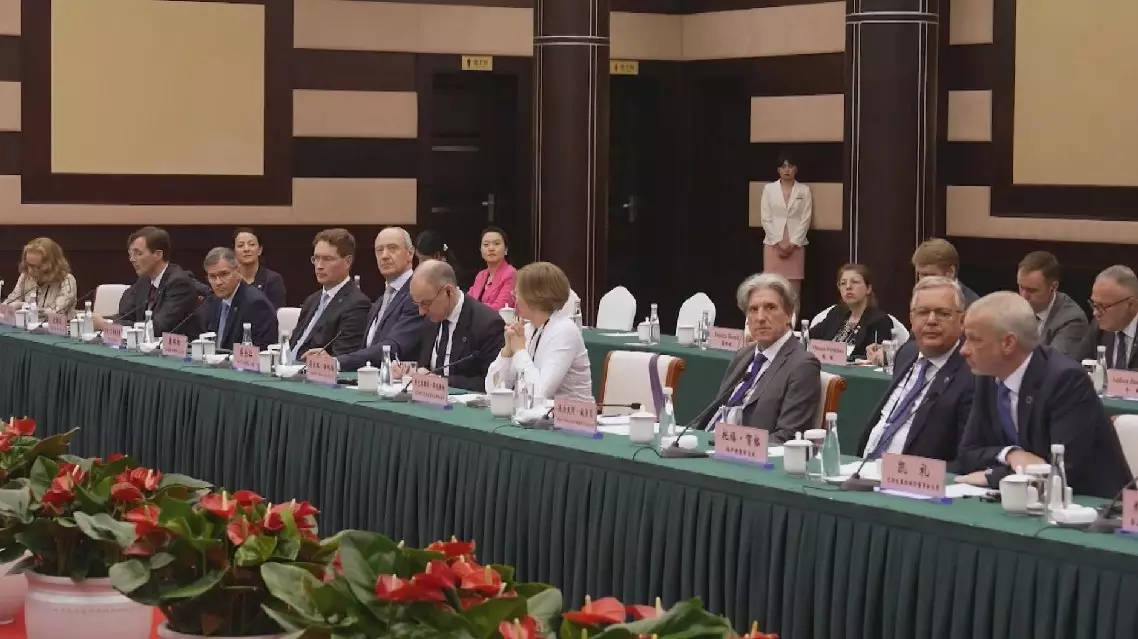
German entrepreneurs expect more opportunities for cooperation in China


